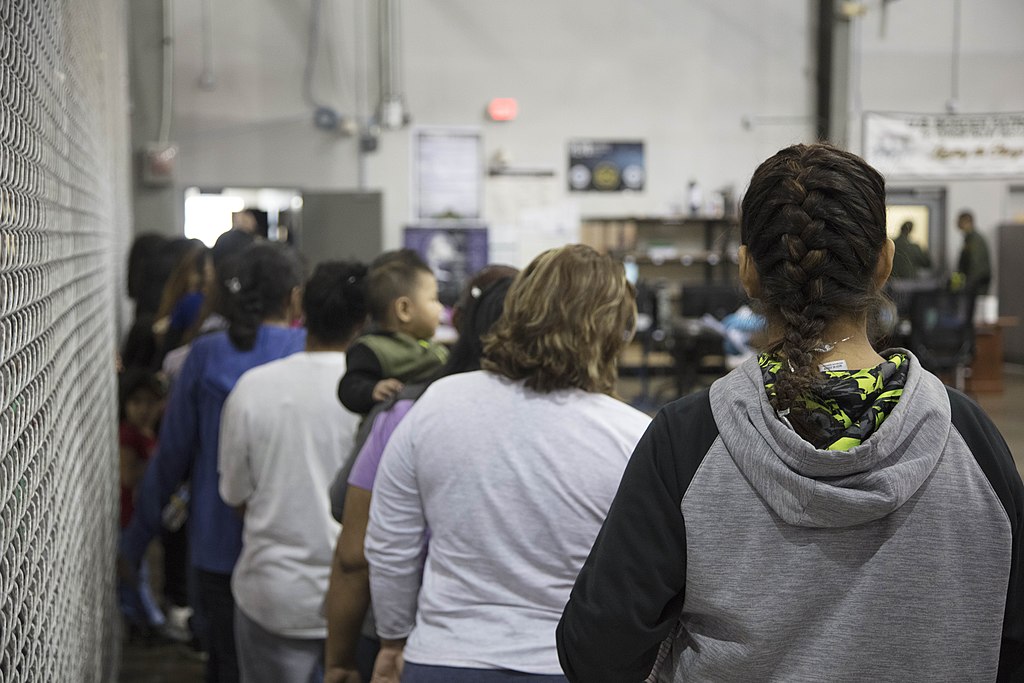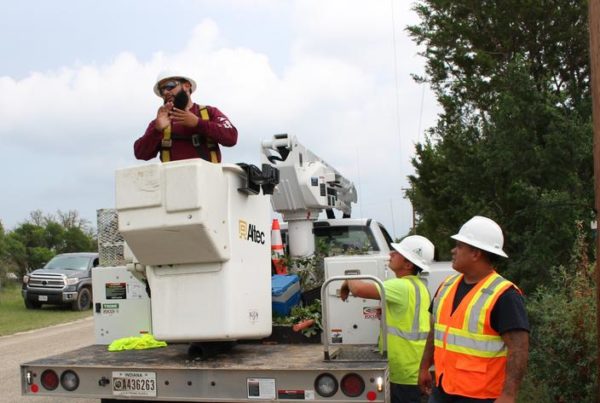The McAllen Central Processing Center, run by the U.S. Border Patrol, temporarily stopped taking in new migrants earlier this week after several of those staying in the facility came down with the flu. The facility resumed normal operations Wednesday, but nearly three-dozen people have been quarantined as a result of the outbreak. The outbreak, and subsequent quarantine, happened after a 16-year-old migrant boy, who was diagnosed with the flu and who had stayed at the facility, died Monday after he had been transferred to another local facility.
Meagan Flynn has been reporting the story for The Washington Post, and says officials quarantined 32 migrants one day after 16-year-old Carlos Hernandez Vasquez, from Guatemala, died.
“Just after that happens, they did an extensive medical screening and discovered that nearly three-dozen migrants were also suffering from the flu,” Flynn says.
She says while Vasquez did have the flu, it’s not yet clear if that’s what killed him.
Vasquez originally came to the facility with about 70 other migrants earlier this month. Normally, minors like Vasquez are supposed to be transferred to shelters no later than three days after arriving at a processing center, but he stayed in McAllen for about a week because of the large number of migrants in the area needing to be processed. McAllen is where he came down with the flu, and once officials discovered that, they then transferred him to a facility in Weslaco to prevent an outbreak.
“That’s the facility where he died this week,” Flynn says.
Flynn says the McAllen processing center is a “warehouse-like facility” where migrants are held in a confined area where they sleep on mats on the floor.
“If we’re worried about a flu outbreak, it’s certainly not good conditions to prevent something like that,” Flynn says.
As for medical care, Flynn says Customs and Border Protection, or CBP, works with a third-party contractor to give migrants “basic medical services.” But if a migrant has a more serious condition, officials take them to the hospital.
“They’re typically doing … according to an official yesterday, about 69 trips a day to the hospital,” Flynn says. “It’s not clear why this person, who dies shortly after his diagnosis, wasn’t among them.”
Written by Caroline Covington.
















